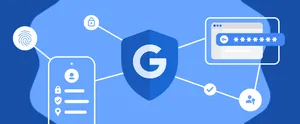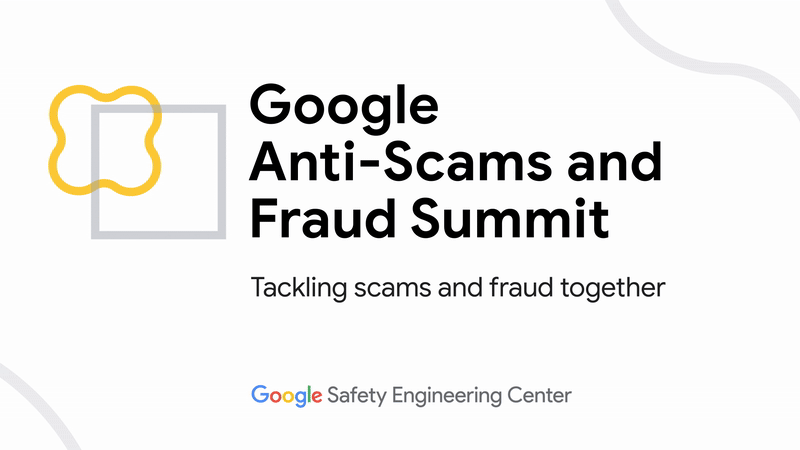Advancing security across Central and Eastern Europe
Since the start of the war in Ukraine, our teams have been working around the clock to support the humanitarian effort, provide trustworthy information and promote cybersecurity.
We were humbled to receive a special Peace Prize award from Ukraine's President Zelenskyy at Davos last week and we remain committed to doing everything we can to support Ukraine and the broader region as it navigates these challenging times.
To build on our efforts, we are expanding our cybersecurity partnerships and investment in Central and Eastern Europe. Last month, a delegation of our top security engineers and leaders met with organizations and individuals in Czechia, Poland, Lithuania and Latvia - they trained high risk groups, distributed security keys, engaged in technical discussions with government experts, and supported local businesses in shoring up their defenses.
Securing high-risk users
Throughout this war, there has been no shortage of news around targeted cyber attacks aimed at high profile individuals in this region. Our Threat Analysis Group has provided regular updates on this activity, and worked diligently to alert users, organizations and governments through our government-backed attacker warnings.
To help address these threats, our high-risk user team conducted workshops throughout the region for dozens of non-governmental organizations (NGOs), publishers and journalists, including groups and individuals sanctioned by the Kremlin. We distributed around 1,000 security keys - the strongest form of authentication - and trained over 30 high risk user groups on account security. We also launched, in collaboration with Jigsaw, the Protect Your Democracy Toolkit, which provides free tools and expertise to democratic institutions and civil society.
We heard directly from high-risk organizations like the Casimir Pulaski Foundation, the International Center for Ukrainian Victory, NGOs supporting refugees and exiled activists, and leading publishers across Europe who told us just how critical Google's no-cost security tools, like the Advanced Protection Program and Project Shield, are to keeping them safe online. We are grateful for their valuable insights to inform future product development.
Our High-Risk team meets with NGO representatives at Google Prague

Shoring up cyber defenses
As companies and government agencies grapple with the ever changing security landscape and the role that they find themselves in during this conflict, we wanted to showcase how Google’s enterprise security tools and advisory services can give them the confidence to pursue digital transformation on a secure foundation.
Our delegation of security experts included leaders from the Google Cybersecurity Action Team (GCAT). This team’s mission was to advise governments, critical infrastructure providers, enterprises, and small businesses on cloud security and IT modernization. We hosted round-table discussions with Chief Information Security Officers (CISOs) from around the region to learn about the challenges they face, and shared resources on how they can accelerate their response to threats, secure their open source software supply chains, and stay up-to-date with evolving regulations.
Google VP of Privacy, Safety & Security Royal Hansen meets with Polish minister Janusz Cieszyński at the CYBERSEC Forum in Katowice

Building stronger partnerships
While observers speculate about whether the war in Ukraine will lead to broader cyber escalation, government cybersecurity organizations in Central and Eastern Europe are contending with cyber conflict on a daily basis. That’s why Google experts regularly meet with national cyber emergency response teams (CERTs), cybersecurity agencies, and digital ministries to promote the exchange of knowledge and build partnerships to advance shared goals.
What we heard across the board was: we need to help our partners in the region address the shortage of cybersecurity skills and training; improve operational partnerships and information sharing; and promote better cyber hygiene for citizens. We are pleased to work with governments and industry to advance innovative solutions on all of these fronts. Deepening our partnerships in this region will not only protect our users, it will make the Internet safer for all.






